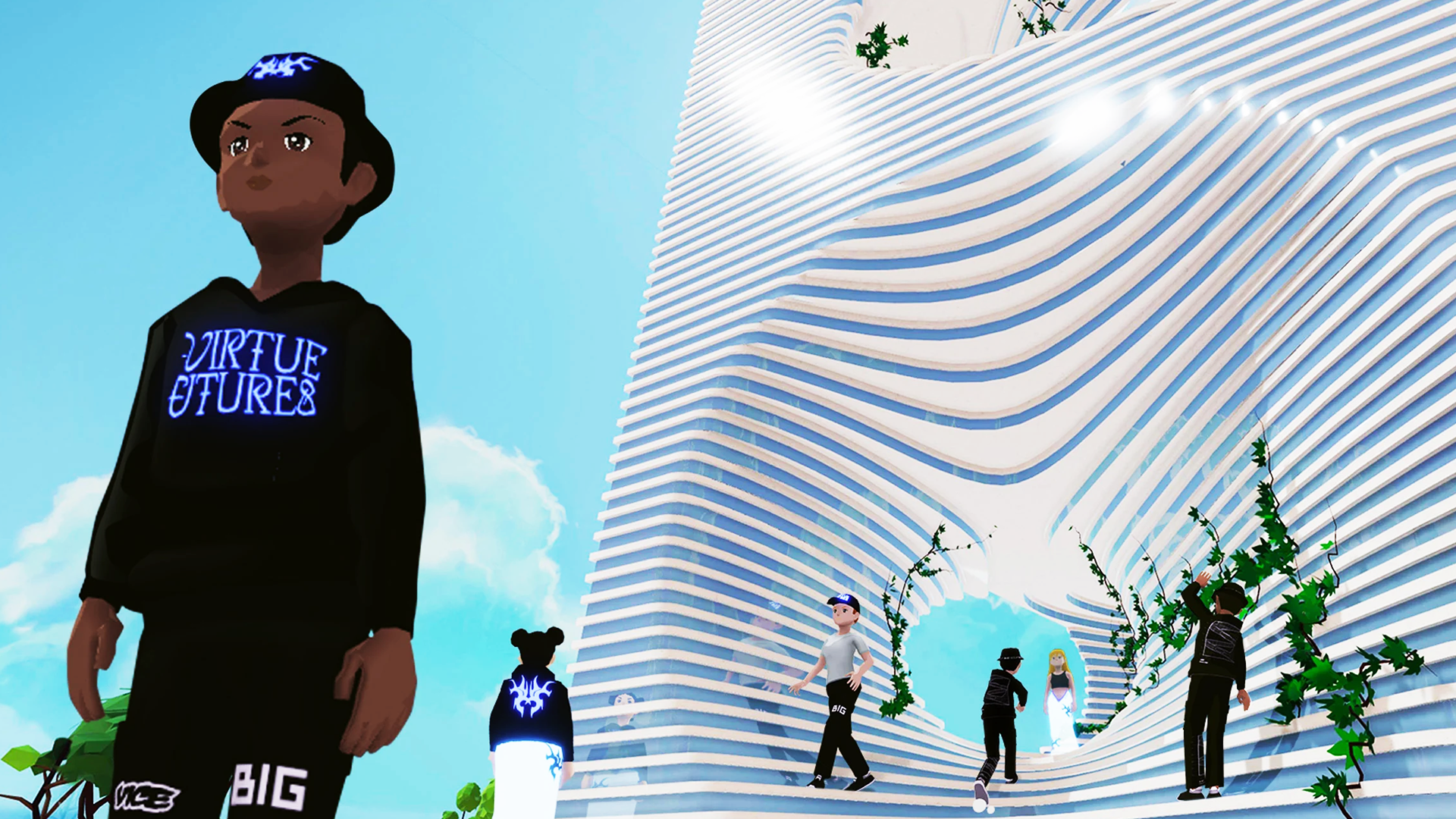Danish architecture firm BIG has created virtual office spaces for VICE, which it calls the Viceverse. The launch demonstrates the potential for mainstream use of the Metaverse.
It seems we may finally be entering the real-life Matrix.
Okay, that may be a little melodramatic, but the Metaverse’s continual growth in popularity and mainstream adoption suggests we could be using digital worlds simultaneously alongside our physical one sooner than you might think.

Danish architecture firm BIG has unveiled its first ever virtual buildings, designed exclusively for the Metaverse and created for Vice Media Group. The spaces are intended to be used by employees at VICE for digital projects, such as NFTs.
There are multiple floors that can be altered and added to ‘within a day’, and BIG says it intended for the space to be used as an ‘experimental playground’. The building itself is white, curved, and has a central tunnel area to access the inside.




















